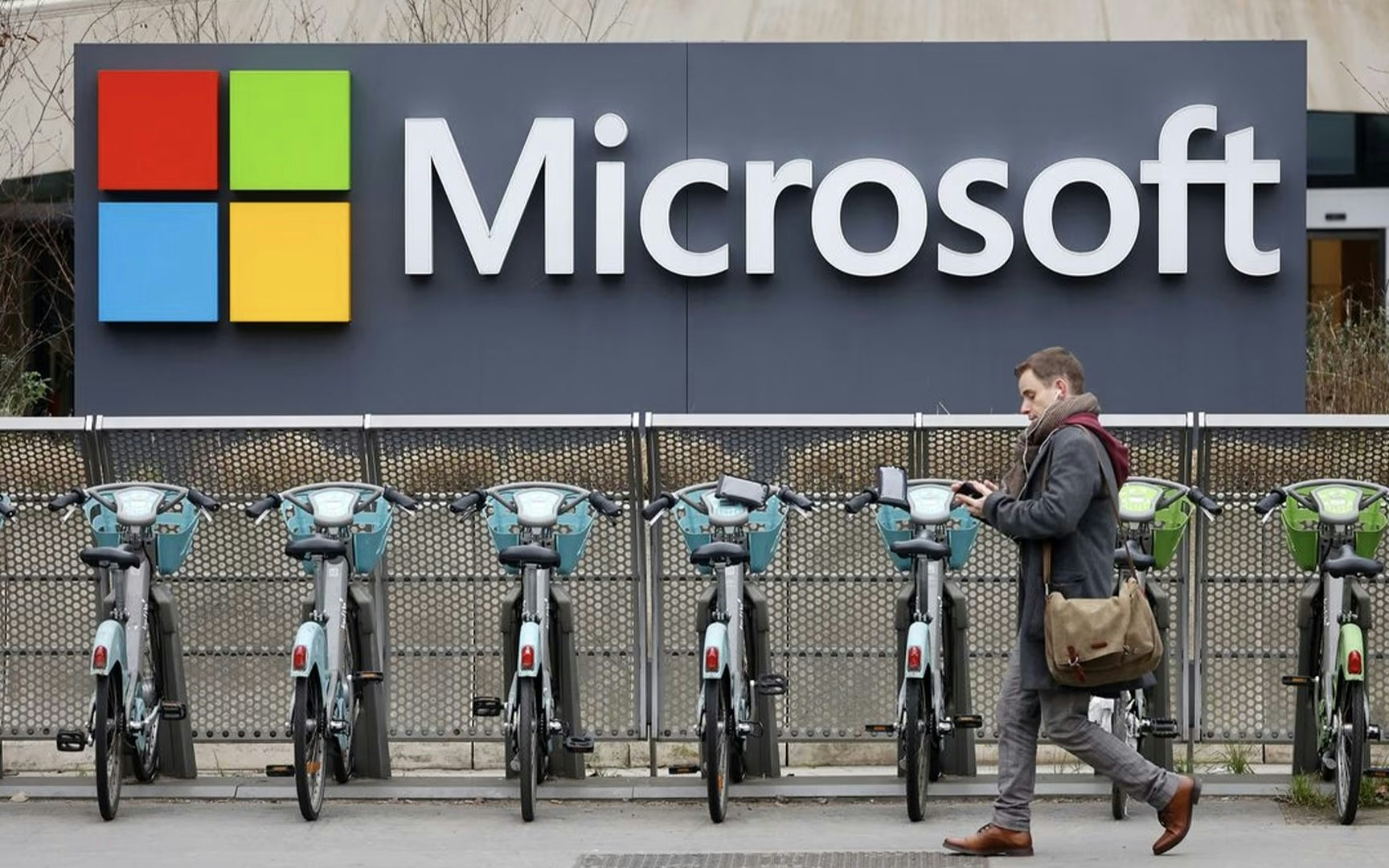Business
Microsoft Plans Summit to Improve Cybersecurity Resilience Following Global IT Outage
Microsoft is inviting representatives from the cybersecurity industry and the government to a summit in September to discuss measures for improving Windows' resilience against faulty software.

Microsoft intensifies its efforts to strengthen the resilience of Windows against faulty software after a faulty update from the cybersecurity company CrowdStrike crippled millions of PCs and servers worldwide in July. The company plans to hold a summit in September with representatives from the cybersecurity industry and the government to discuss concrete measures for improving system security and stability.
The IT outage, which was caused by a bug in the Windows kernel software, led to significant disruptions worldwide, including flight cancellations and delays in hospitals. Microsoft is now under increased pressure to overhaul the security protocols surrounding its operating system.
A central point of discussion at the summit on September 10 will be whether the access of third-party providers to the Windows kernel should be restricted or completely blocked. This access has in the past allowed software companies like CrowdStrike to delve deeper into the operating system, but it also carries significant risks, as recent failures have shown.
The possible changes that Microsoft is considering could mean a fundamental change for the cybersecurity industry. Critics fear that Microsoft could favor its own products, like Microsoft Defender, over third-party software if it restricts kernel access. This could hinder competition and disadvantage other security solutions.
Ryan Kalember, Head of Cybersecurity Strategy at Proofpoint, expressed concern: "All competitors are worried that [Microsoft] might use this to favor its own products over those of third parties.
Microsoft could also require new testing procedures from cybersecurity vendors instead of modifying the Windows system itself. For example, Apple blocks kernel access for third parties in its macOS operating system, which is being discussed as a possible solution for Windows. However, this restriction could reduce the effectiveness of security software, which would be problematic for companies that rely on comprehensive protection.
While some experts argue that Microsoft could have the ability to restrict kernel access without violating previous agreements with the European Commission, the question remains as to how this might affect the long-term compatibility and utility of Windows for business customers.
That would be a fundamental change in Microsoft's philosophy and business model," said Forrester analyst Allie Mellen.
Another discussed model is that of the open-source operating system Linux, which creates a filtered environment within the kernel. This enables software, including cybersecurity tools, to operate in an isolated area. However, implementing such changes for Microsoft could be technically complex and difficult for regulatory authorities to monitor.
Matthew Prince, CEO of Cloudflare, summarizes: "It sounds good on paper, but the devil is in the details.
The results of the summit could be crucial in shaping Microsoft's future cybersecurity strategy and restoring confidence in the security and stability mechanisms of Windows.

